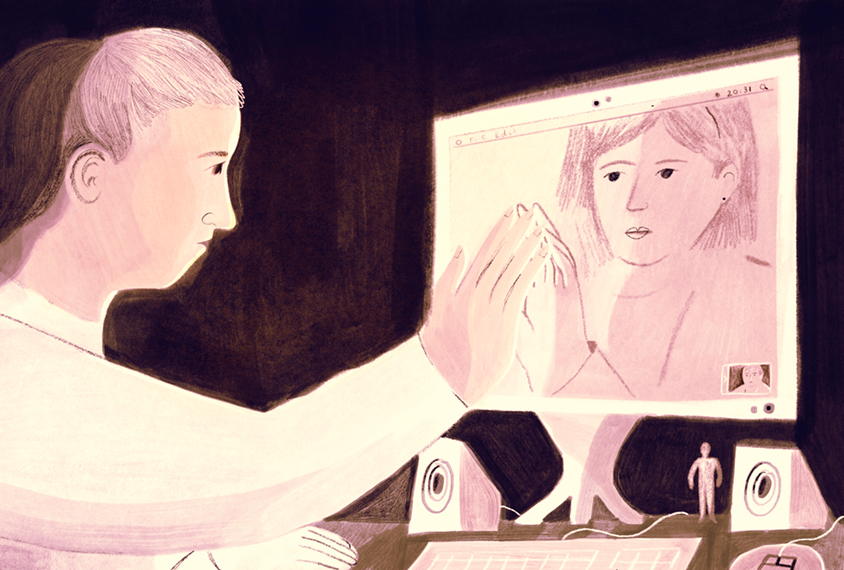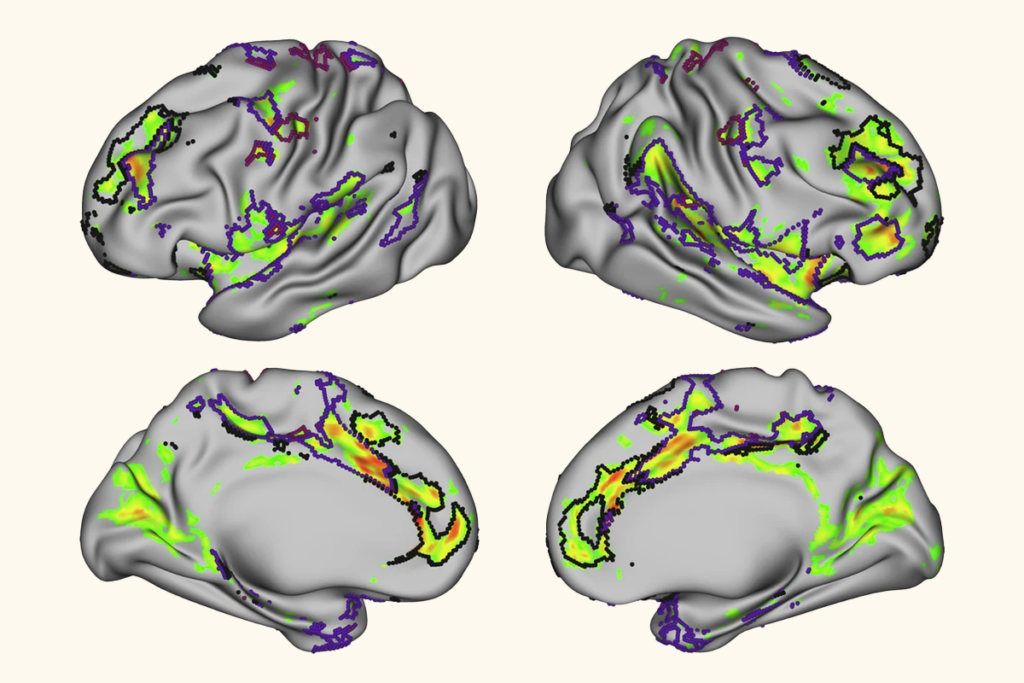Liz Pellicano is professor of autism at University College London in the United Kingdom

Liz Pellicano
Director, Centre for Research in Autism and Education
University College London
From this contributor
We need better strategies to support autistic people as the COVID-19 crisis continues
Interviews with autistic people reveal that many miss their friends and opportunities for social connection, in stark contrast to orthodox views that they have little social motivation and prefer a life of self-isolation.

We need better strategies to support autistic people as the COVID-19 crisis continues
General practitioners urgently need autism training
Many general practitioners in the United Kingdom do not receive autism training, and report having little confidence in caring for patients on the spectrum.

General practitioners urgently need autism training
Friendships pose unique challenges for women on the spectrum
Women with autism value friendships as much as their neurotypical peers do, but they often have difficulty forming and maintaining them.

Friendships pose unique challenges for women on the spectrum
Explore more from The Transmitter
The BabyLM Challenge: In search of more efficient learning algorithms, researchers look to infants
A competition that trains language models on relatively small datasets of words, closer in size to what a child hears up to age 13, seeks solutions to some of the major challenges of today’s large language models.

The BabyLM Challenge: In search of more efficient learning algorithms, researchers look to infants
A competition that trains language models on relatively small datasets of words, closer in size to what a child hears up to age 13, seeks solutions to some of the major challenges of today’s large language models.
‘Ancient’ brainstem structure evolved beyond basic motor control
The human red nucleus may also help coordinate action, reward and motivated behavior, a new study suggests.

‘Ancient’ brainstem structure evolved beyond basic motor control
The human red nucleus may also help coordinate action, reward and motivated behavior, a new study suggests.
Reporter’s notebook: Highlights from INSAR 2025
The annual meeting brought autism researchers, advocates and clinicians to Seattle to discuss the latest research, including attempts to define subgroups, a potential new CHD8 macaque model and life expectancy gaps.

Reporter’s notebook: Highlights from INSAR 2025
The annual meeting brought autism researchers, advocates and clinicians to Seattle to discuss the latest research, including attempts to define subgroups, a potential new CHD8 macaque model and life expectancy gaps.